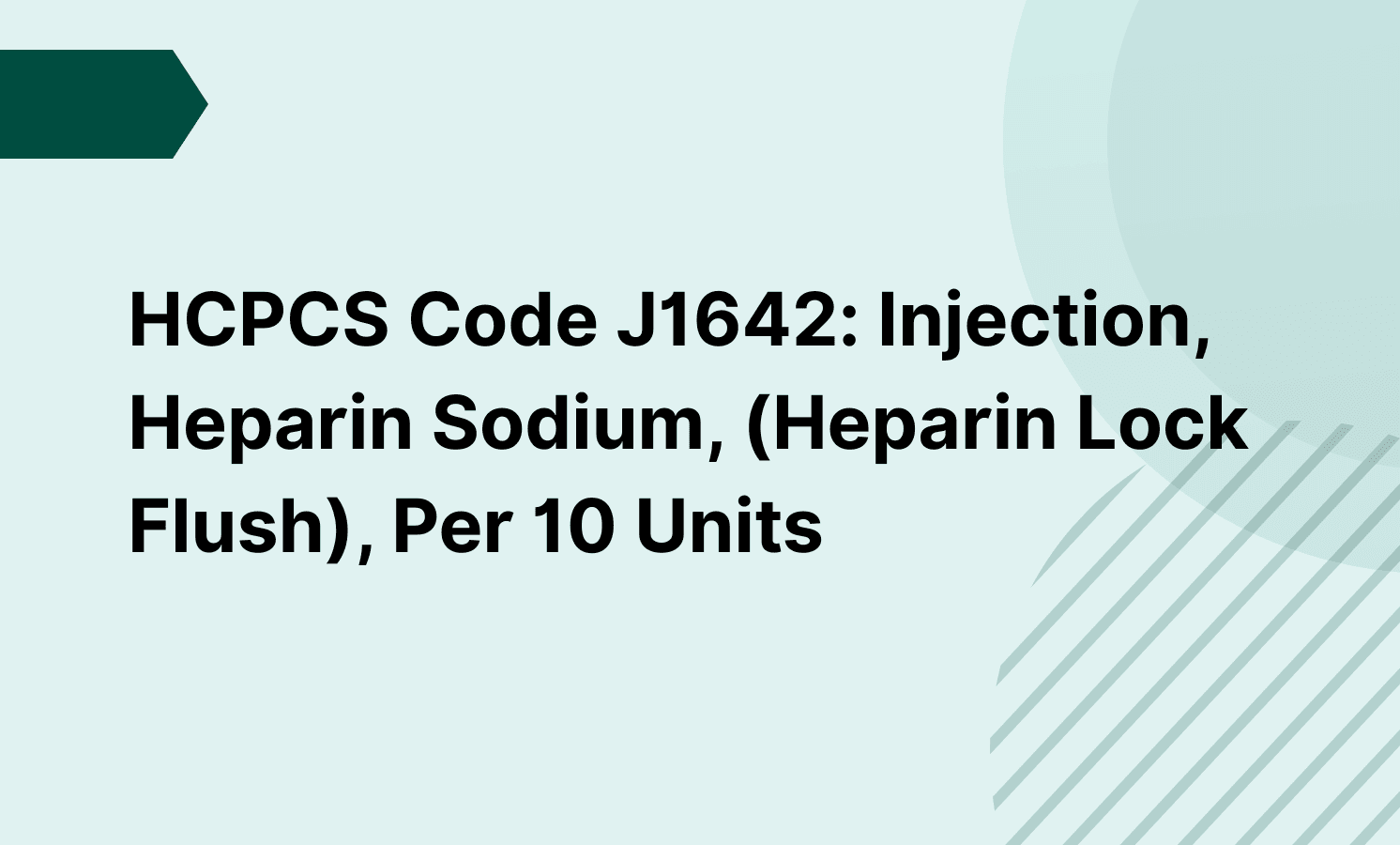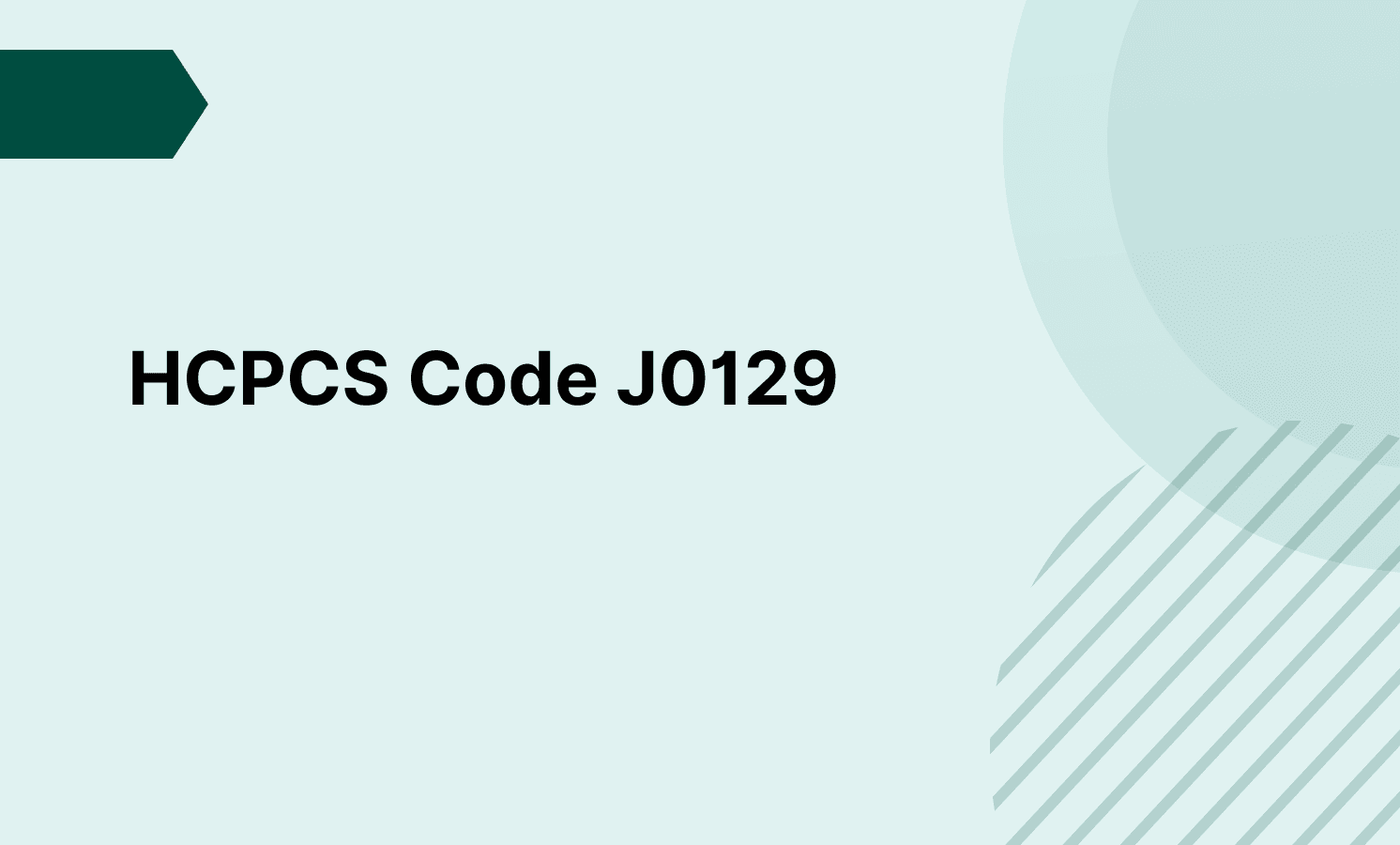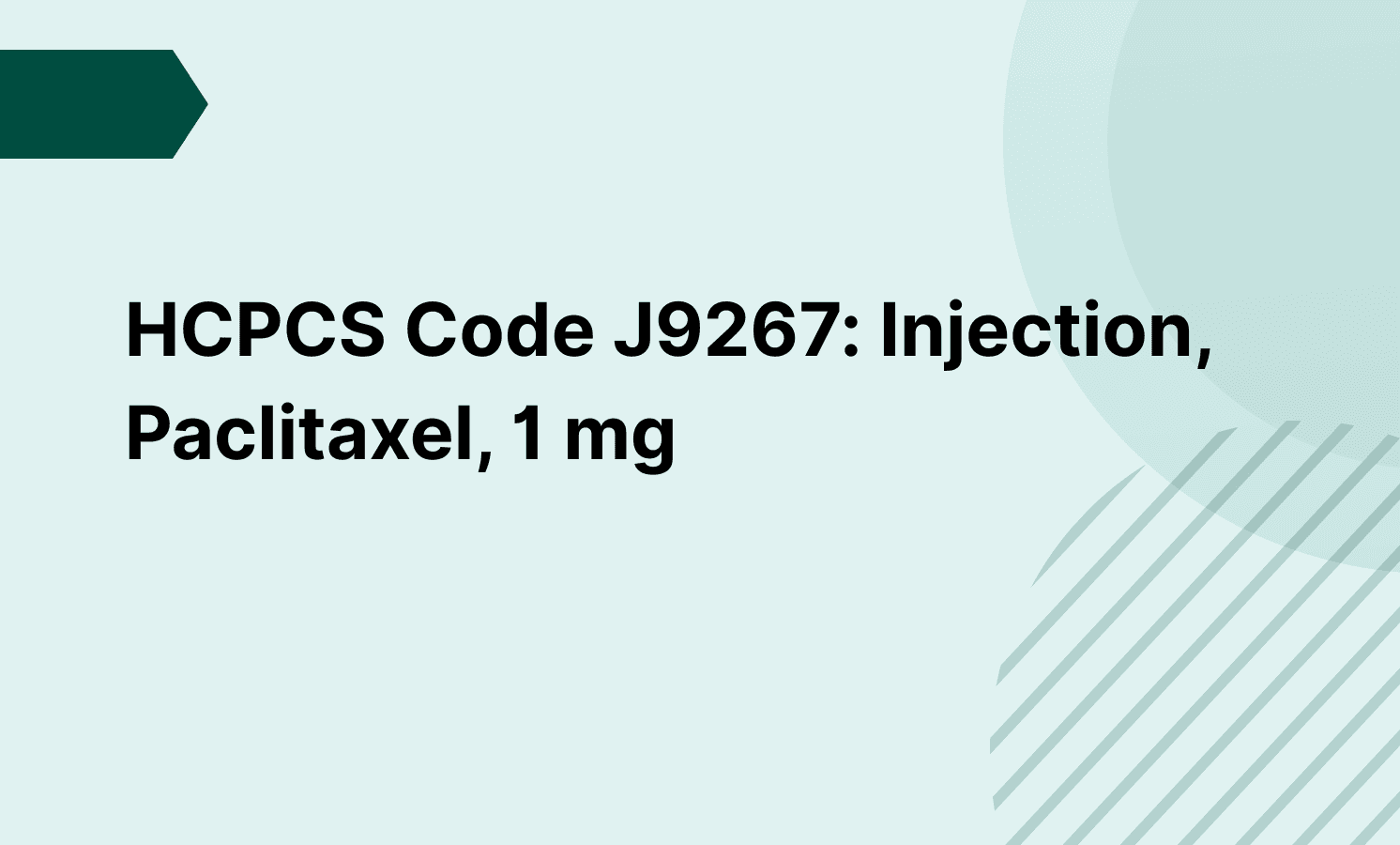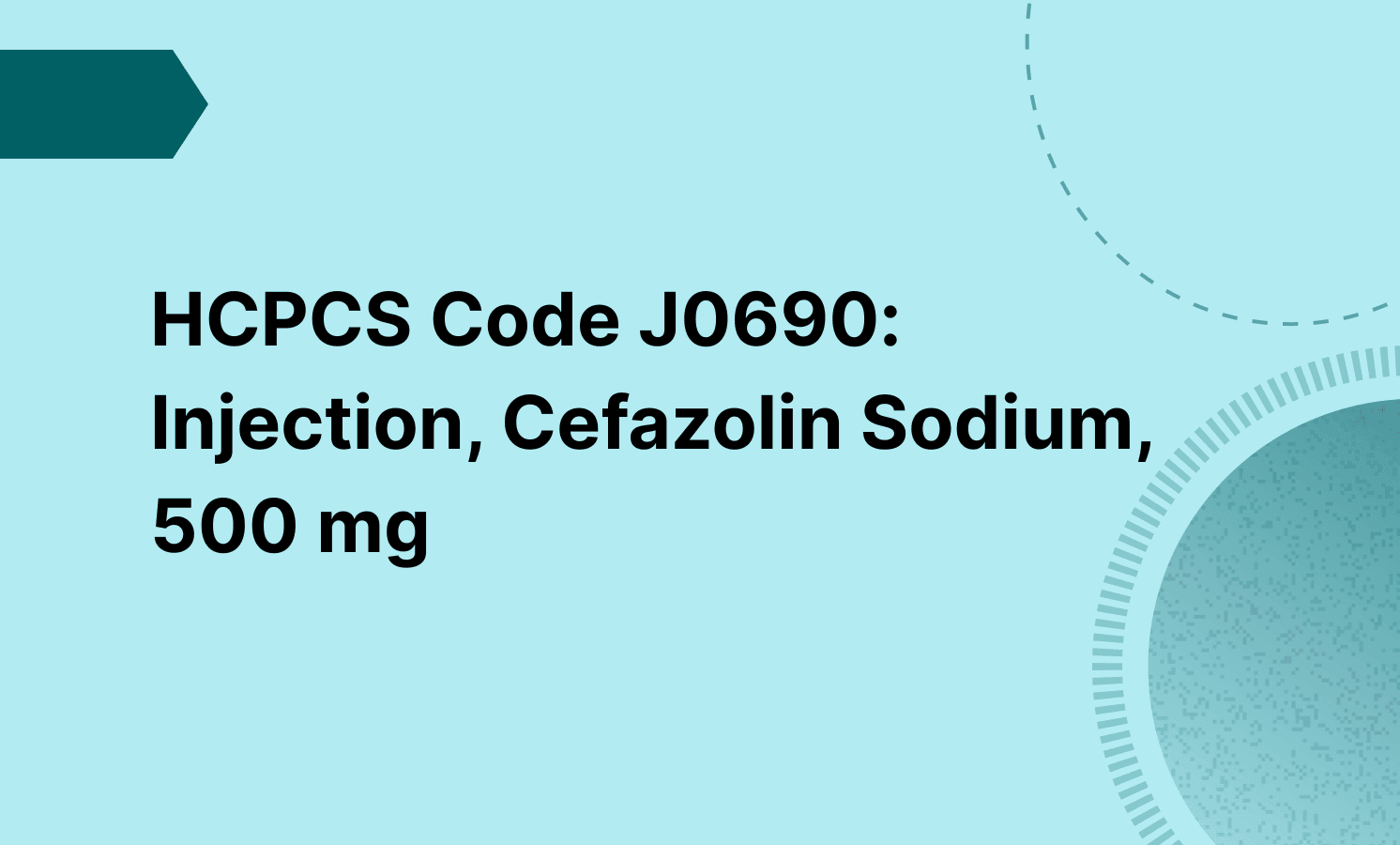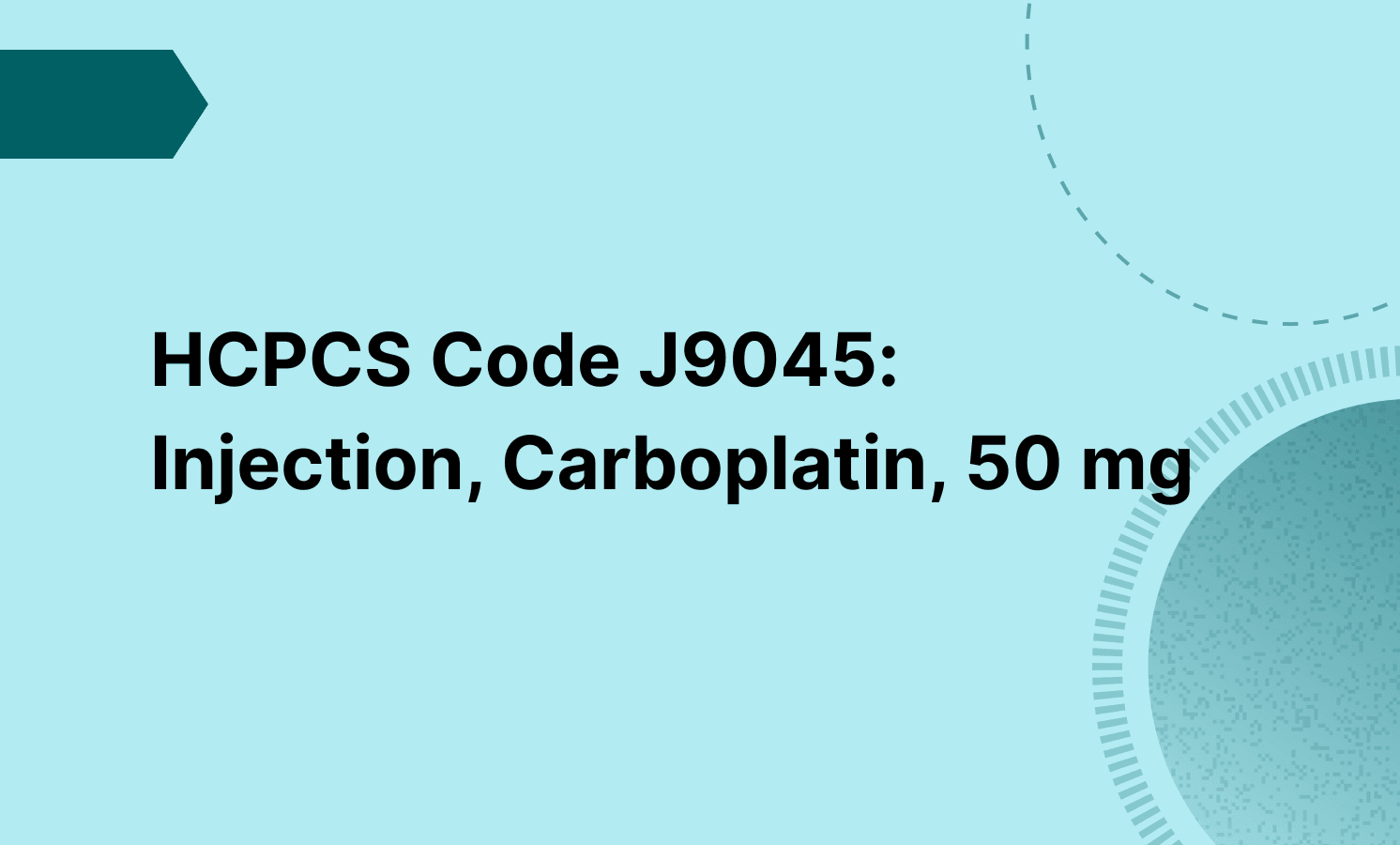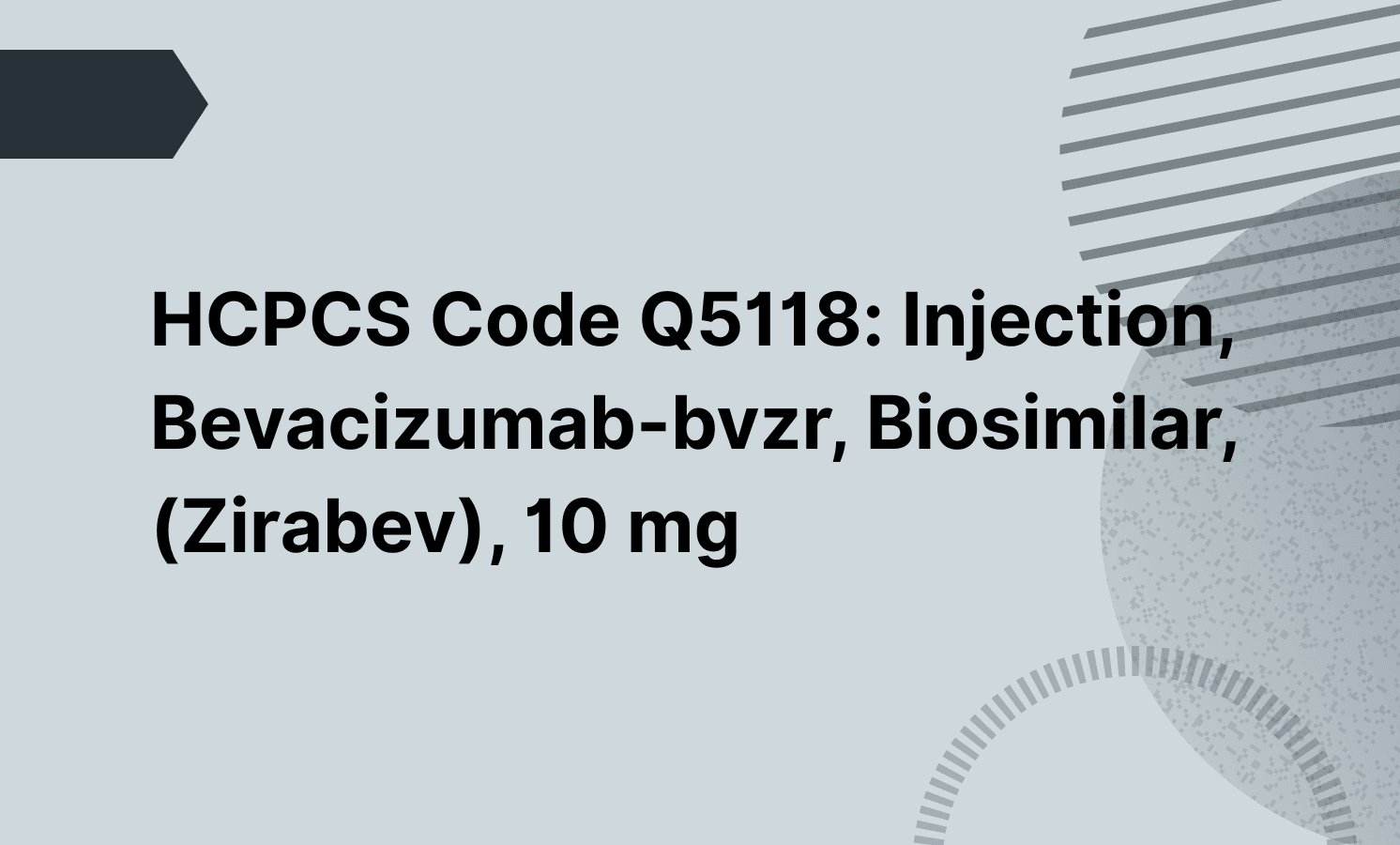A moderate complexity evaluation involves a detailed review of the patient’s condition, at least one relevant personal factor, and clinical decision making that requires problem-solving due to variable clinical presentation. It includes the examination of three or more body systems and identification of multiple functional deficits.
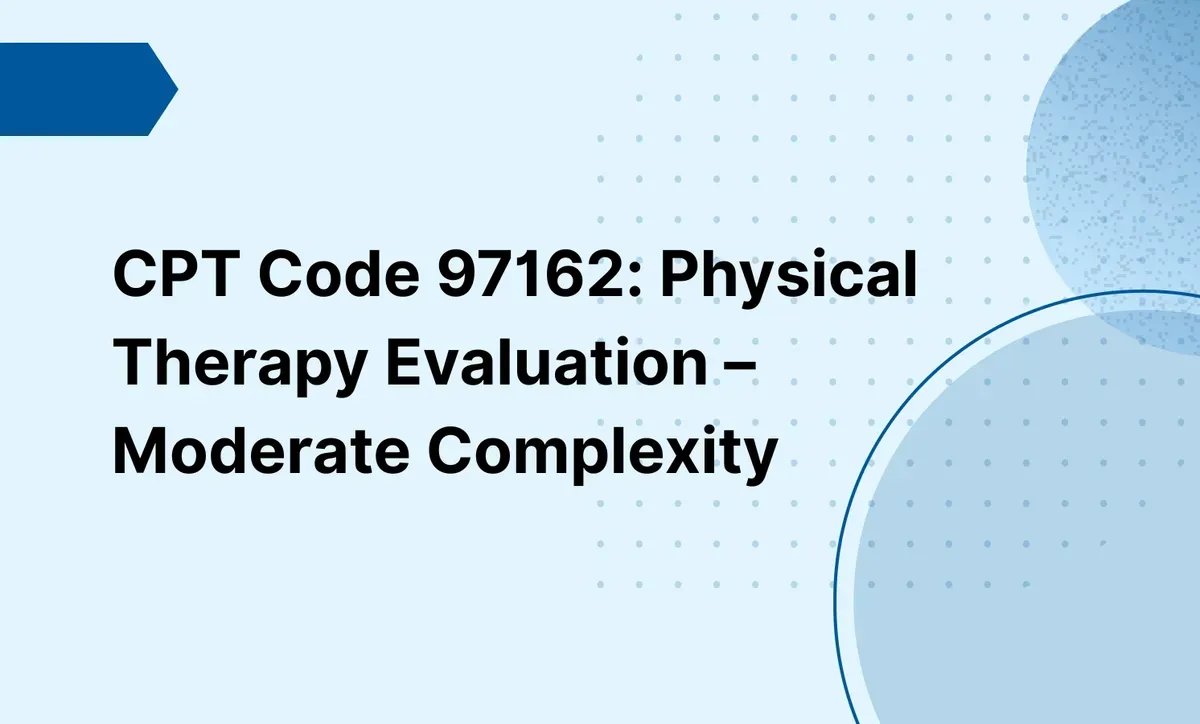
CPT Code 97162: Physical Therapy Evaluation – Moderate Complexity
Learn how CPT code 97162 supports moderate complexity physical therapy evaluations with clinical decision making and accurate billing.
Frequently asked questions
Code 97162 supports more detailed assessments than low complexity evaluations, enabling accurate billing for physical therapy clinics handling cases with increased clinical complexity. Proper use ensures reimbursement for more resource-intensive evaluations and helps maintain compliance with payer requirements.
Proper documentation should include the patient’s medical history, number of body systems evaluated, standardized test results, the number of functional deficits, and the reasoning behind the moderate complexity evaluation. These key components validate medical necessity and reduce the risk of denied claims.
EHR and practice management software
Get started for free
*No credit card required
Free
$0/usd
Unlimited clients
Telehealth
1GB of storage
Client portal text
Automated billing and online payments

